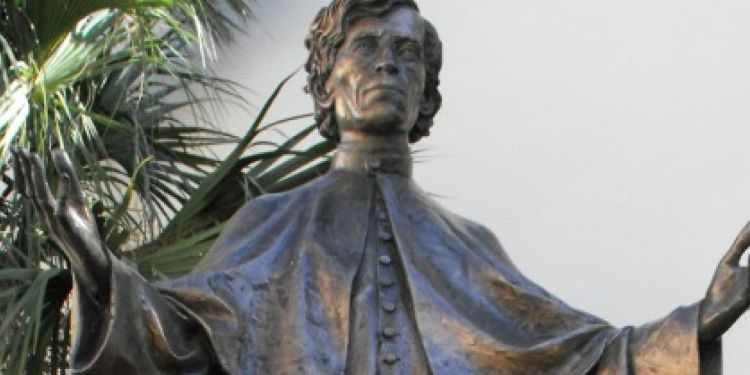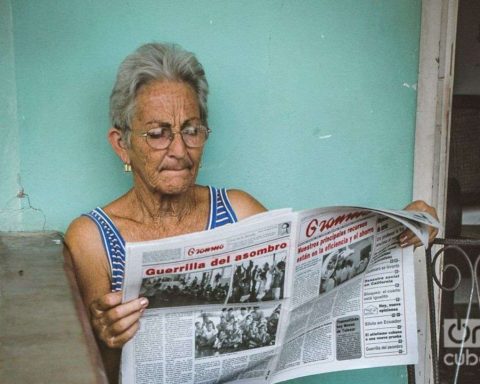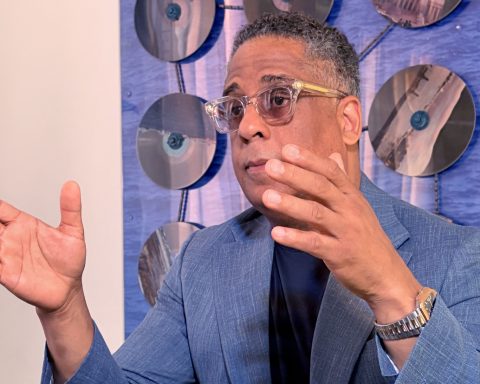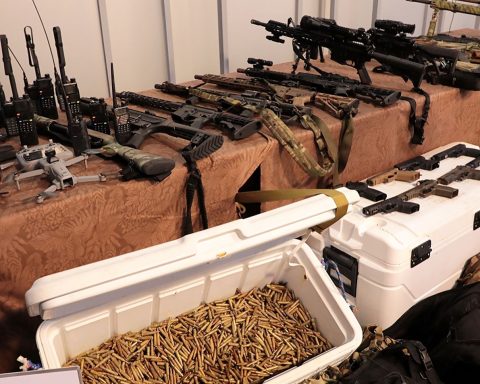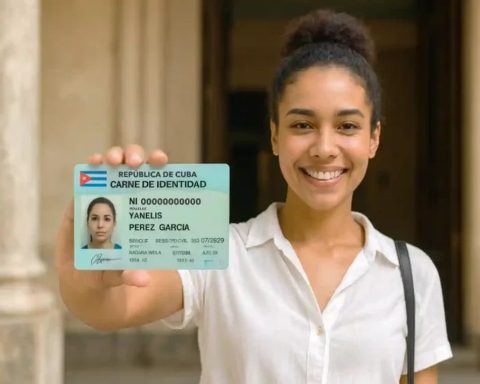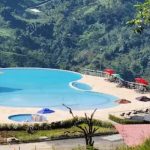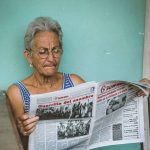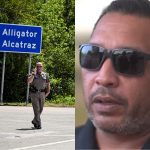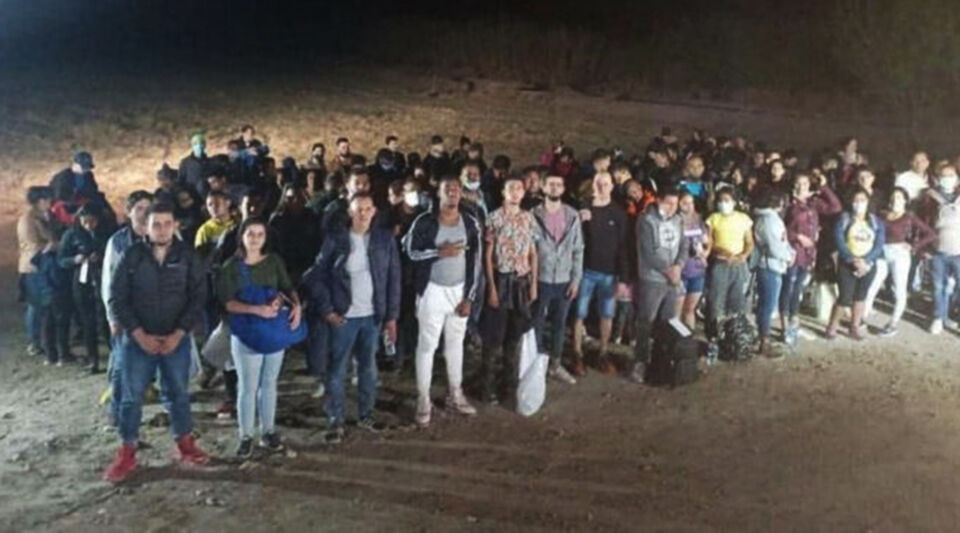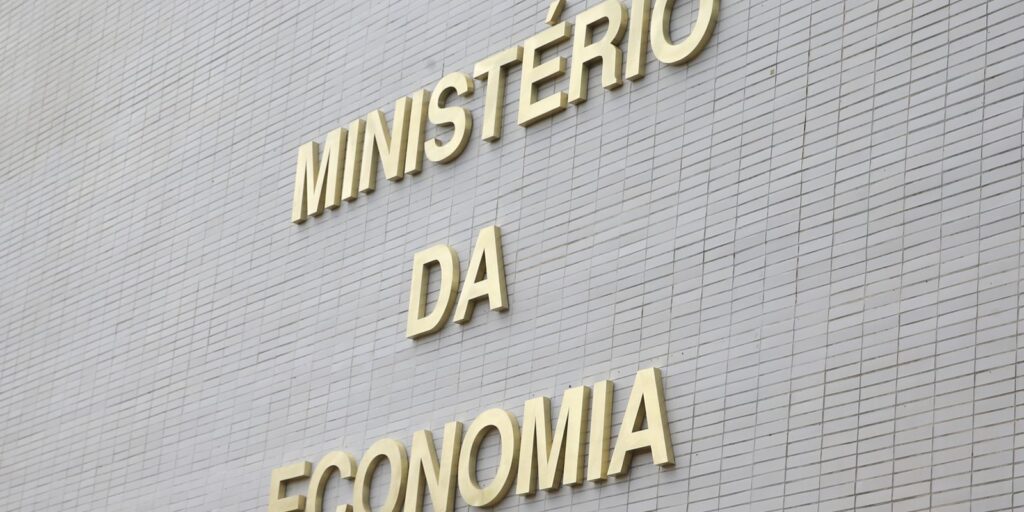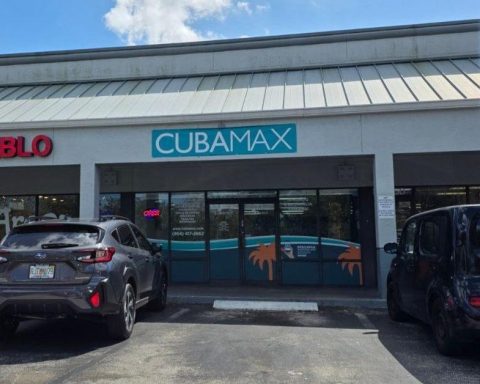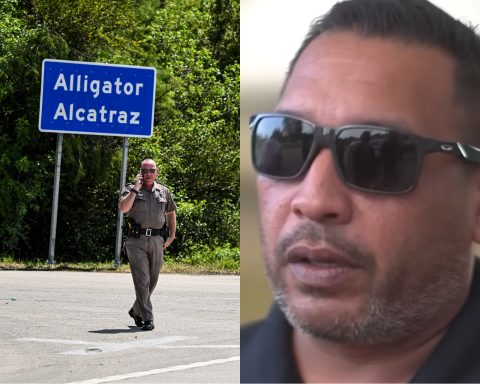MIAMI, United States. – This Sunday marks the 234th anniversary of the birth of one of the Founding Fathers of the Cuban nationality, the distinguished priest Félix Varela y Morales.
Varela was born in San Agustín, Florida, a territory that then belonged to Spain. At the age of 13, he traveled to Havana and in 1802 he entered the Seminary of San Carlos and San Ambrosio. In 1806, after having obtained a baccalaureate in Theology, he took the priestly habit.
His intellectual brilliance was revealed when, in 1811, he obtained the Chair of Latinity and Rhetoric and Philosophy at the aforementioned Seminary. That same year he was ordained a priest.
Despite his religious training, Félix Varela was characterized by his opposition to scholasticism in teaching, which he renewed by using the Spanish language in his classes and textbooks, instead of Latin.
He adhered to the eclectic philosophy and favored the method of experimentation in learning science. After being admitted as a member of the Royal Economic Society, he began to publish his speeches in various media such as Government newspaper, The Havana Observer Y Memories of the Royal Economic Society of Havana.
In 1822, with only 35 years of age, he was elected deputy to the Cortes. That year he presented a proposal requesting the recognition of the independence of Latin America and wrote a text expressing the need to eliminate the slavery of blacks on the Island of Cuba. When Fernando VII restored absolutism, Varela had to take refuge in the territory of Gibraltar. Being there, he learned that he had been sentenced to death, which is why he left for the United States, the country where he lived the rest of his life.
From his exile in New York City, he published the newspaper the habanerowhich he secretly sent to Cuba, where it was read avidly by the youth who began to see independence as the only way out of the country’s ills.
Despite the magnitude and importance that Varela’s thought has had for the conformation of the Cuban nationality, his work, like that of jose antonio sacoFrancisco de Arango y Parreño, José de la Luz y Caballero, among others, continues to be insufficiently disseminated in Cuba, and therefore, it is unknown to most of the people.
Receive information from CubaNet on your cell phone through WhatsApp. Send us a message with the word “CUBA” on the phone +525545038831, You can also subscribe to our electronic newsletter by giving click here.
